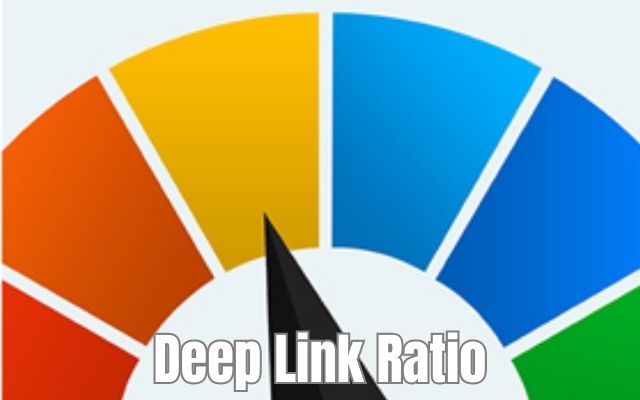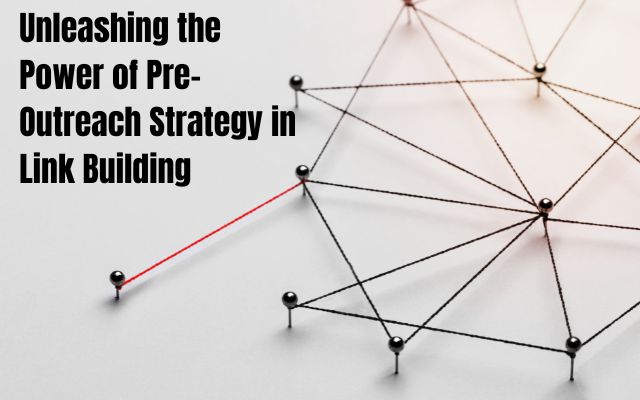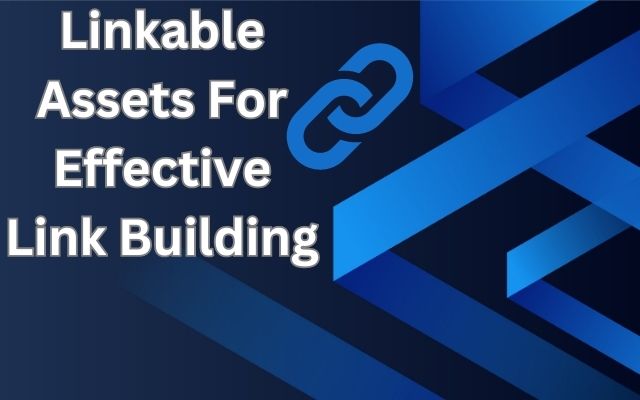Link Building in 2023: Evolution or Extinction?

In the digital era of marketing & SEO, one question that often comes up is: Does link building still work in 2023? The answer is yes, but with precautions and limitations. The approach to link building has significantly evolved over time. It’s no longer about quantity, but rather the quality and relevance of the links.
The Evolution of Link Building
For many years, link building has been an essential component of SEO tactics. However, the tactics used have changed dramatically. In the early days of SEO, it was all about quantity. The more links you had pointing to your site, the better. This led to practices like link farms and buying links, which are now considered black-hat SEO tactics.
Search engines such as Google have changed over time to become more complicated. They began to prioritize the quality of links over quantity. This means that a few high-quality links from relevant and authoritative sites are now more valuable than hundreds of low-quality links.
The Current State of Link Building
In 2023, link building is still a vital part of SEO. However, it’s not just about getting as many links as possible. It’s about getting the right links. This means link should be relevant to your website and it has some authority.
Relevance is about how closely related the linking site is to your site. For example, if you run a pet supply store, a link from a pet blog is more relevant than a link from a tech blog.
Authority, on the other hand, is about the credibility and trustworthiness of the linking site. Sites with high authority are seen as more trustworthy by search engines, and links from these sites carry more weight.
The Future of Link Building
While link building is still relevant in 2023, its future is uncertain. Google has hinted that the importance of backlinks as a ranking factor may diminish in the future. However, this doesn’t mean that link building will become obsolete. It means, SEOs will need change their strategies. A stronger focus on link earning is one possible path for link building in the future. Producing excellent content that people want to link to naturally is part of this. Compared to conventional link building, this may be more difficult, but it may also yield greater rewards.
Conclusion
So, is link building evolving or heading towards extinction? The answer is a bit of both. The tactics used for link building are certainly evolving, and the importance of link building as a ranking factor may be diminishing. However, link building as a concept is not going extinct. It’s simply changing to keep up with the times.
In the end, the key to successful link building in 2023 and beyond is to focus on quality over quantity, relevance over randomness, and authority over anonymity. You can make sure that your link-building efforts will continue to enhance your SEO by following to these instructions.
Is link building still relevant in 2023?
Yes, link building still works in 2023. However, the approach to link building has evolved over time. It’s no longer about quantity, but rather the quality and relevance of the links. Employing precise, ethical tactics to increase SEO backlinks is very crucial1.
Google has long used backlinks from other prominent websites as a signal to determine the quality and trustworthiness of content2. However, recent statements from Google representatives suggest that the importance of backlinks as a ranking factor is diminishing2. Despite this, obtaining quality backlinks from authoritative sources is still a crucial component of search engine algorithms.
What are the new methods for link building 2023?
In 2023, link building strategies have evolved to focus more on quality, relevance, and authority.
Here are some of the new methods for link building:
Targeted Outreach and Strong Pitch: This involves reaching out to relevant websites and influencers in your niche with a compelling pitch that explains the benefits of linking to your content.
Finding Broken Links and Suggesting Replacements: If a website in your niche has broken links, you can suggest your content as a replacement.
Unlinked Brand Mentions: If your brand is mentioned on a website but not linked, you can ask the site owner to add a link.
Competitor Backlink Analysis: Analyzing your competitors’ backlinks can help you find new link building opportunities.
Responding to Journalists’ Requests Through HARO (Help A Reporter Out): Journalists often need sources for their stories, and by responding to their requests, you can get a link back to your site.
Digital PR: This involves getting coverage from press releases, news, and other media outlets.
Creating Linkable Assets: This could be anything from infographics to comprehensive guides that people naturally want to link to.
Will SEO exist in 5 years?
SEO is likely to continue existing in the next five years. Despite Google’s efforts to develop a search engine resistant to manipulation, the demand for SEO experts will persist. This is because Google’s search algorithm is always changing and evolving.
Will SEO exist in 10 years?
Yes, SEO is expected to endure in the next 10 years, but it will likely undergo changes compared to its current state. The future of SEO will be influenced by advancements in artificial intelligence, the increasing significance of brand integrity, and the technical aspects of SEO.
SEO experts anticipate increased competition, greater challenges, and a broader landscape as Google responds directly to more queries, off-page factors gain more influence, and alternative search engines emerge. Building credibility and popularity in SEO will involve more partnerships, relationships, and authorship.
Factors like artificial intelligence, link building, mobile optimization, voice search, shifts in keyword research, and the introduction of new tools such as ChatGPT will play a role in shaping the future of SEO. While SEO will persist, it will adapt and evolve to incorporate these emerging trends and technologies.
Which tool is best for backlinks?
1. Ahrefs is considered one of the best backlink checkers and is recommended for SEO, indexing, analysis, and building. It also includes a built-in outreach tool.
2. Semrush : is another highly recommended tool for various SEO tasks, including link building. It stands out for the quality of its backlinks data and offers additional features like Keyword research, On-page SEO checker, Position tracking, and Content optimization tool.
3. GrowthBar is a popular tool recommended for SEO, indexing, analysis, and building.
4. Serpstat is another tool well-regarded for SEO, indexing, analysis, and building.
5. GSA SEO indexer is recommended for SEO, indexing, analysis, and building.
6. Respona is a powerful link-building outreach platform that automatically identifies the right person for each website, providing their verified email and LinkedIn profile.
7. Pitchbox is an outreach platform designed for advanced link builders.







